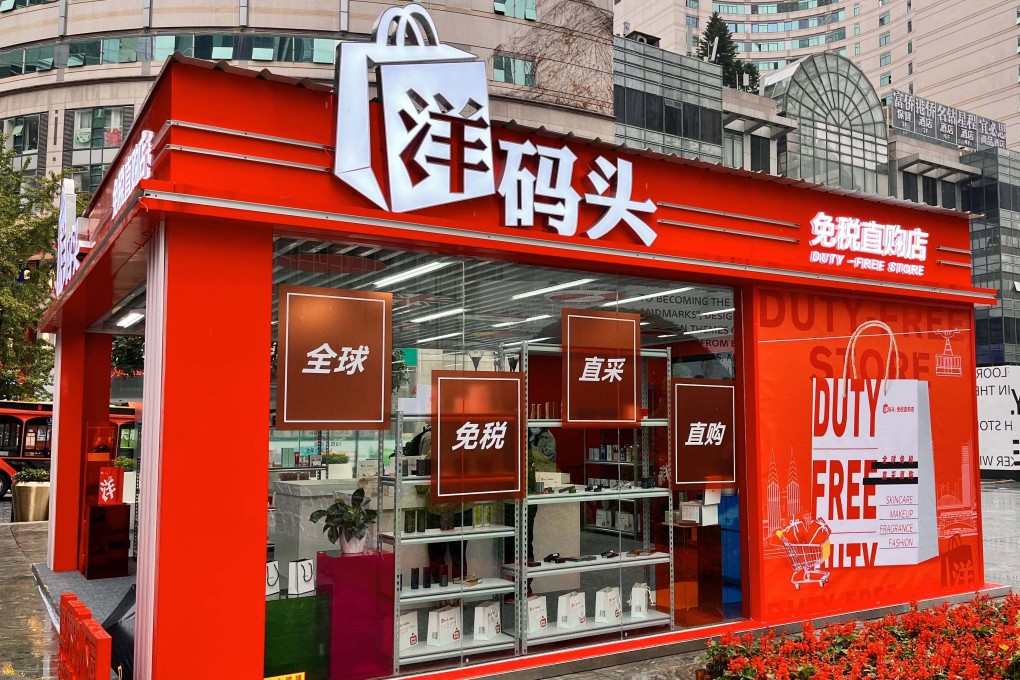Advertisement
Chinese e-commerce platform Ymatou’s founder vows to keep business afloat amid ‘cold winter’ that has dried up market demand
- Ymatou founder and chief executive Zeng Bibo detailed the firm’s efforts to survive various disruptions in a lengthy letter posted on WeChat
- Zeng blamed the Covid-19 lockdown in Shanghai for shutting down vital logistics operations, which prompted many Ymatou users to cancel their orders
Reading Time:2 minutes
Why you can trust SCMP

The founder of struggling Chinese cross-border e-commerce platform Ymatou has vowed to keep the business afloat amid hardships caused by a “cold winter”, in which industries nationwide face mounting challenges from the country’s faltering economy, rigid Covid-19 control measures, consumer spending slowdown and energy crisis.
Ymatou founder and chief executive Zeng Bibo made that pledge in a 5,000-character letter, posted earlier this week on the company’s official WeChat account and addressed to merchants on the platform, detailing the firm’s efforts to survive various disruptions, which have resulted in a dwindling cash flow and an exodus of employees.
“This winter is extraordinarily cold, and the days in this year have been extremely difficult,” Zeng wrote. “I deeply feel an unprecedented amount of pressure and crisis, and need everyone’s support and trust more than ever.”
Advertisement
Shanghai-based Ymatou, which was founded in 2009 to cater to a growing domestic market for brand-name foreign goods such as handbags and cosmetics, has stopped leasing office space to cut expenses, enabling its remaining employees to work from home.

Zeng blamed the nearly three-month Covid-19 lockdown in Shanghai for shutting down vital logistics operations, which prompted many Ymatou users to cancel their orders, “completely disrupting” the company’s business.
Advertisement
Advertisement
Select Voice
Choose your listening speed
Get through articles 2x faster
1.25x
250 WPM
Slow
Average
Fast
1.25x